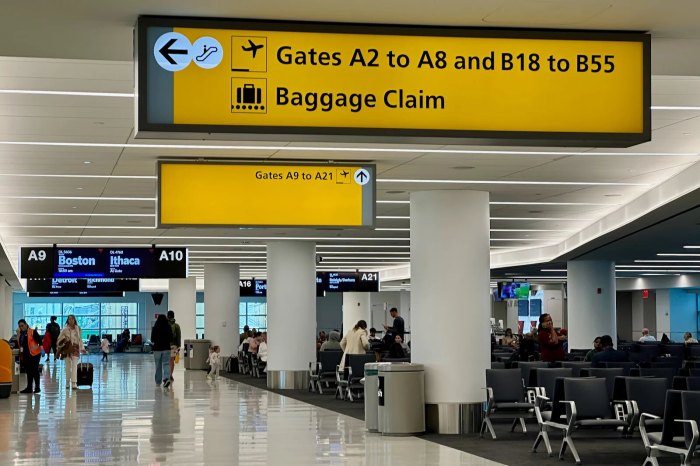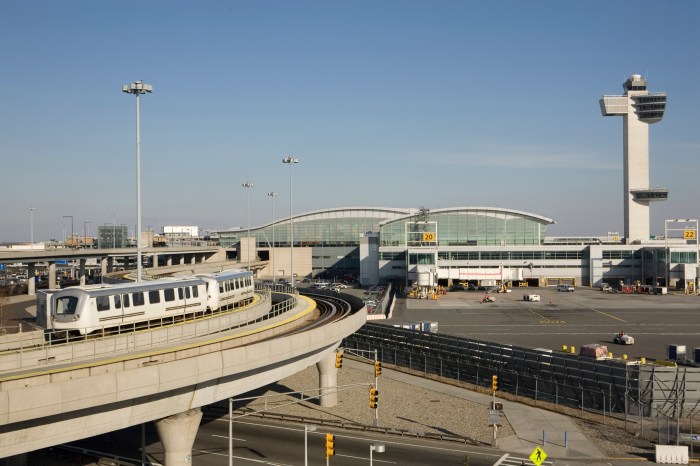By Eric Jankiewicz
The time for debating has ended over plans to transfer the burden of transporting goods from trucks to freight trains across New York Harbor and the effects it would have on the Glendale-Maspeth area, where there are many train tracks.
Over the years, the Port Authority has tried to come up with a solution to get trucks off commercial roads and the most recent plans are known as the Cross Harbor Freight Program. During the public discussion period, which ended in March, residents and lawmakers from the area around Fresh Pond Rail Terminal and the Maspeth Yard argued that increased train traffic would create more noise and sound pollution.
“The outdated tracks and locomotives at the terminal produce excessive noise late at night, vibrations that have been known to damage homes, and harmful air pollution that spews into the surrounding residential communities,” Councilwoman Elizabeth Crowley (D-Middle Village) wrote in a letter to the director of the project, Mark Hoffer.
According to the Port Authority’s schedule, the agency will incorporate such comments and concerns into creating a final Environmental Impact Study this spring followed by a decision in the summer.
Along with the proposal to transfer reliance from trucks to trains, the Authority offered 10 proposals that consist of both rail tunnel and water options to move goods across New York Harbor. Rail tunnel options can take anywhere from 111,000 to 157,000 trucks off the road daily in New York and New Jersey, while water options are estimated to take 17,000 to 30,000 trucks off the road daily, according to the Port Authority.
And getting trucks off the road, the Port Authority argues, would help reduce traffic and pollution. In a study, the authority found that over 90 percent of freight crossing between the west and east of the Hudson River is transported by trucks.
The study continues, “Trucks hauling freight in the region share an extensive highway and roadway system with passenger cars, buses, and other non-freight vehicles. This condition contributes to extensive traffic congestion on roadways.”
The study traces most of the traffic congestion that commuters associate with rush hour back to trucks using roads to move goods across the area.
But residents and elected officials in surrounding neighborhoods contend that the tunnel and train plans would greatly reduce their quality of life because of increased train traffic passing through Fresh Pond Rail Yard. And while residents wait for the Port Authority to make a decision, they are also preparing to resist the plans.
“Even if this plan gets approved, we will continue to point out what needs to be addressed,” said state Sen. Joseph Addabbo (D- Howard Beach) “This is going to be a long haul. It’s definitely not a sprint. It’s a marathon.”
Reach reporter Eric Jankiewicz by e-mail at ejank



































